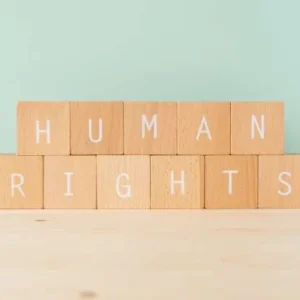United Nations experts have voiced deep alarm over China’s continued repression of Uyghur and other minority cultural expression, warning that artistic and academic work is being treated as a threat to national security.
Highlighting recent cases, the experts cited the imprisonment of 26-year-old Uyghur songwriter Yaxia’er Xiaohelaiti (Uigga) and the enforced disappearance of prominent scholar Rahile Dawut.
Uigga was sentenced to three years in prison in 2024 on charges of “promoting extremism” and “possessing extremist materials.” Prosecutors argued that his lyrics undermined the State, while civil society groups insist his work merely celebrated Uyghur cultural identity. His conviction also reportedly stemmed from owning books regarded as central to Uyghur history.
Rahile Dawut, a respected ethnographer and cultural scholar, vanished in 2017 while en route to Beijing. Reports indicate she was secretly tried and given a life sentence for “separatism,” though her whereabouts remain unacknowledged. Experts stressed that enforced disappearance constitutes a grave human rights violation and may amount to crimes against humanity.
“These cases reflect deeply troubling patterns where cultural identity, artistic creativity, and academic work are treated as crimes,” the UN experts said. “Culture, creativity, and expression are not threats to be policed — they are human rights to be protected.”
The experts condemned the use of broad counter-extremism and counterterrorism laws, including the 2015 Counter-Terrorism Law and Xinjiang’s De-extremification Regulation, which they say are being used to suppress minority languages, traditions, and religious practices. Despite updated frameworks in 2024 referencing human rights, independent safeguards remain absent.
They warned that detentions under vague accusations of “extremism,” “separatism,” or “terrorism” are systematically silencing cultural life. “Cultural expression is not a crime. It must never be conflated with extremism or terrorism,” they said.
The UN experts have formally raised these concerns with Chinese authorities, urging transparency and the protection of cultural rights as fundamental to human dignity.






